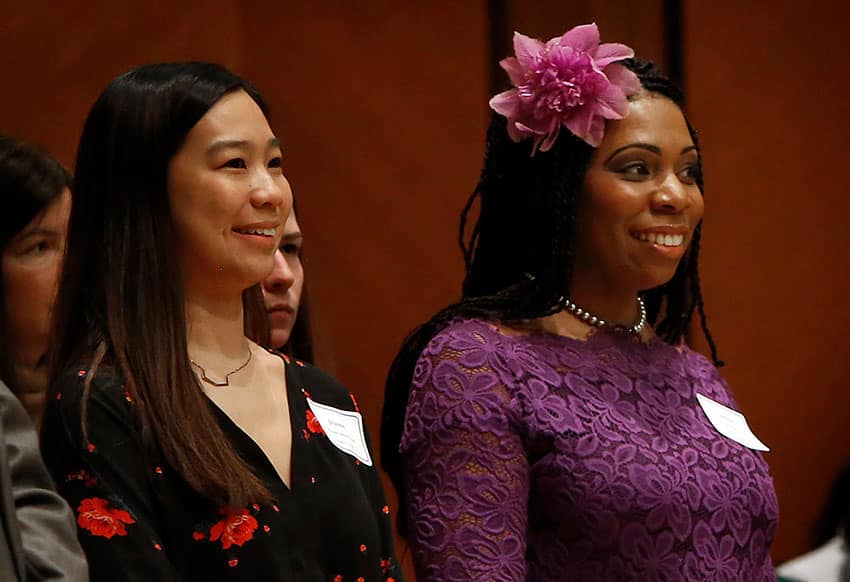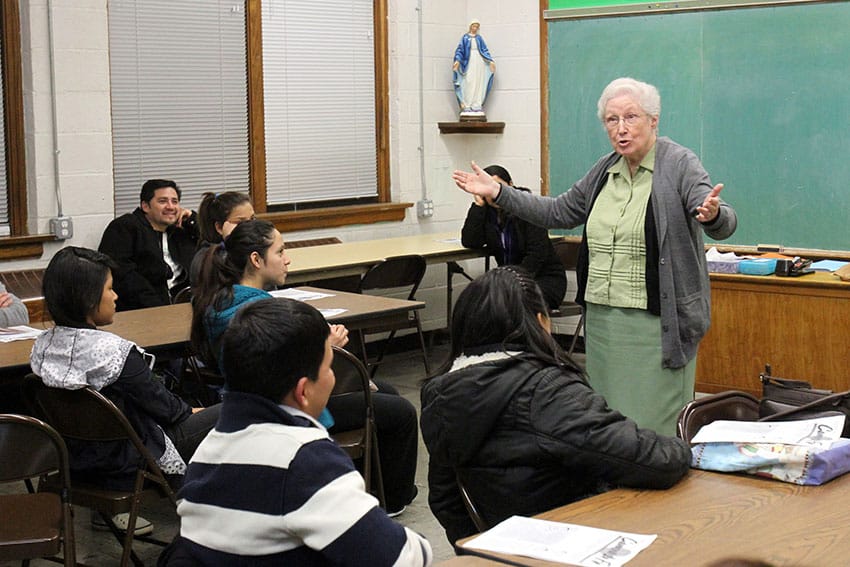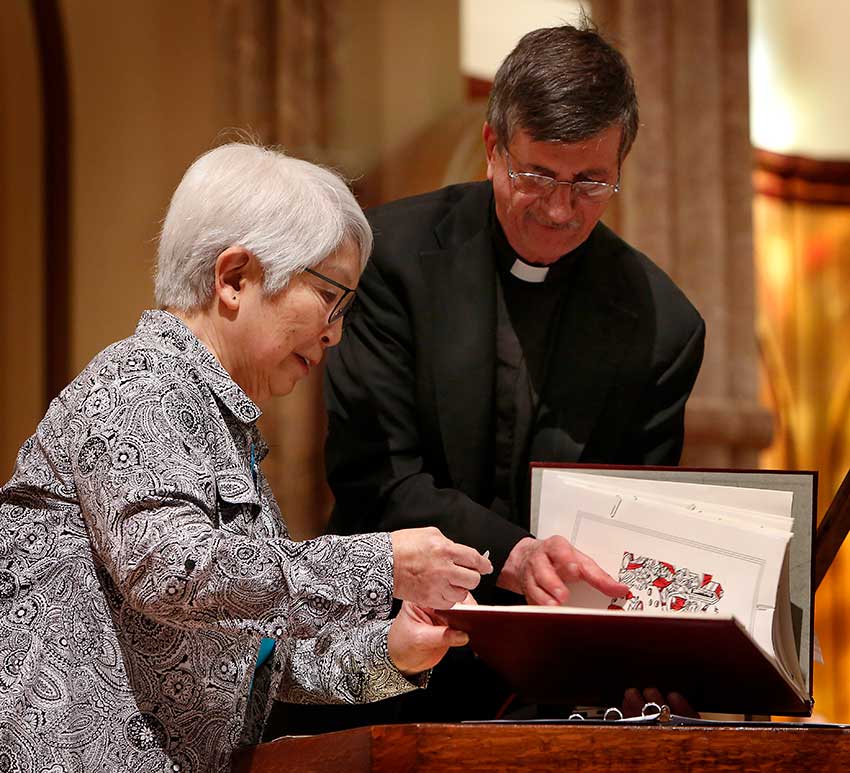
A close look at the Final Report for the Plenary Council Listening & Dialogue Phase reveals a widespread call from the faithful for ‘adult faith formation’, particularly in preparation for the various vocations in the life of the Church:
An important aspect of loving God was seeking to follow God’s ways more closely. Bearing faithful witness also meant knowing the faith better and seeking to understand the Scriptures more. For these reasons, therefore, a large number of participants believed that faith formation was of critical importance to improve their relationships with God. Several believed that the crisis of faith faced by many Catholics who were not actively involved in Church was also due to a lack of faith formation. Many participants spoke about the gap in adult faith formation resources and opportunities, and especially on new and emerging topics. There were many requests for regular parish-based adult catechesis (Final Report, 38).
The Catholic faithful are calling for faith formation for parenting, youth, and youth leaders, as well as better formation for liturgical ministries, sacramental programs, and candidates for the priesthood. The listening process evoked calls for a greater emphasis on Jesus Christ, prayer, and the sacraments.
The Church Exists to Evangelise
This resounding call for faith formation for adults and young people aligns with the evangelising and catechetical mission of the Church. If people are to come to Christian faith, they need to hear the Gospel proclaimed, which requires an evangeliser to be sent. The formation of missionary disciples is imperative for the ongoing life of the Church in Australia.
The urgent question, then, is whether the Church in Australia is doing its best to put our parishes on a missionary footing if we are not offering authentic, ongoing adult faith formation? It is incumbent upon the Plenary Council to address the faith formation lacuna here in Australia.

The Centrality of RCIA Ministry
Since Vatican II’s restoration of the ancient Catechumenate, the Rite of Christian Initiation of Adults (RCIA) is the model for welcoming adults into the Catholic Church. When the appropriate structures are in place in our dioceses and parishes we have communities that receive people who come to initial faith in Christ.
Parishes that have begun to run Alpha programs, or other similar kerygmatic initiatives, invite non-Catholics and inactive Catholics to hear the gospel afresh, or for the first time. These initiatives provide a space for questions from enquirers and a communal environment where they can explore the Catholic faith without pressure or prejudice. As they come to the end of their program, if they seek to go deeper in their enquiries, we need to provide a pathway to the RCIA.
Doing RCIA Well
From my observations, RCIA is not done well in many Australian dioceses. Often the liturgical dimension of the process is emphasised at the exclusion of the catechetical and pastoral. At other times, the catechetical dominates to the extent that the liturgical rites are reduced to the Easter ceremonies alone, while pastoral discernment is overlooked with the view that everything will sort itself out after baptism.
The Church, however, desires to offer enquirers and catechumens a fuller experience – one that is rich in liturgical rites, and accompanied by a systematic catechesis and pastoral discernment. Indeed, the faithful have requested better formation for practitioners of RCIA:
In Australia the Church needs to better integrate the liturgical, catechetical and pastoral dimensions of the RCIA process. This requires better formation of clergy and RCIA teams around the relationship of the three dimensions so that one dimension is not excluded because we wish to emphasise the others. We seek to ensure our enquirers and catechumens experience the fullness of the RCIA experience. (Final Report, 39)

Re-Envisioning RCIA
We need to take another look at RCIA, to enhance its full expression in parishes by adequate formation of catechists, clergy, and team members. Parishioners also need to be aware of the RCIA process so that they can promote and support it. If the RCIA is the model that the Catholic Church provides for adults entering the Church, why are our parishes not engaging in the full process? Formation will awaken their awareness of this rich experience.
Practical Suggestions
Dioceses could establish adult faith formation institutes where the lay faithful could learn about Scripture, theology, philosophy, spirituality, and Catholic social teaching. These institutes would be centres for excellence in catechetics, biblical study according to Vatican II’s hermeneutic, and spiritual formation. In particular, they should form clergy, religious, and laity on the liturgical, catechetical, and pastoral dimensions of RCIA ministry.
Parishes are in a unique position today since they can access excellent affordable faith formation resources online. Options include Formed.org, Ascension Press, and the Word on Fire Institute. Parousia Media in Sydney partners with some of these organisations.
Many opportunities exist for the Plenary Council to consider promoting solid catechetical faith formation in Australia, with a special focus on supporting and strengthening parish RCIA processes with better resources and qualified evangelisers and catechists.
Those who called for this in their submissions hope the Plenary Council will certainly address this serious lacuna* in the life of the Church in Australia.
(* A ‘lacuna’ is defined as an unfilled space, or a gap. This is the first part of a two-article post. Part II will appear later this week. – Ed.)
Related:
